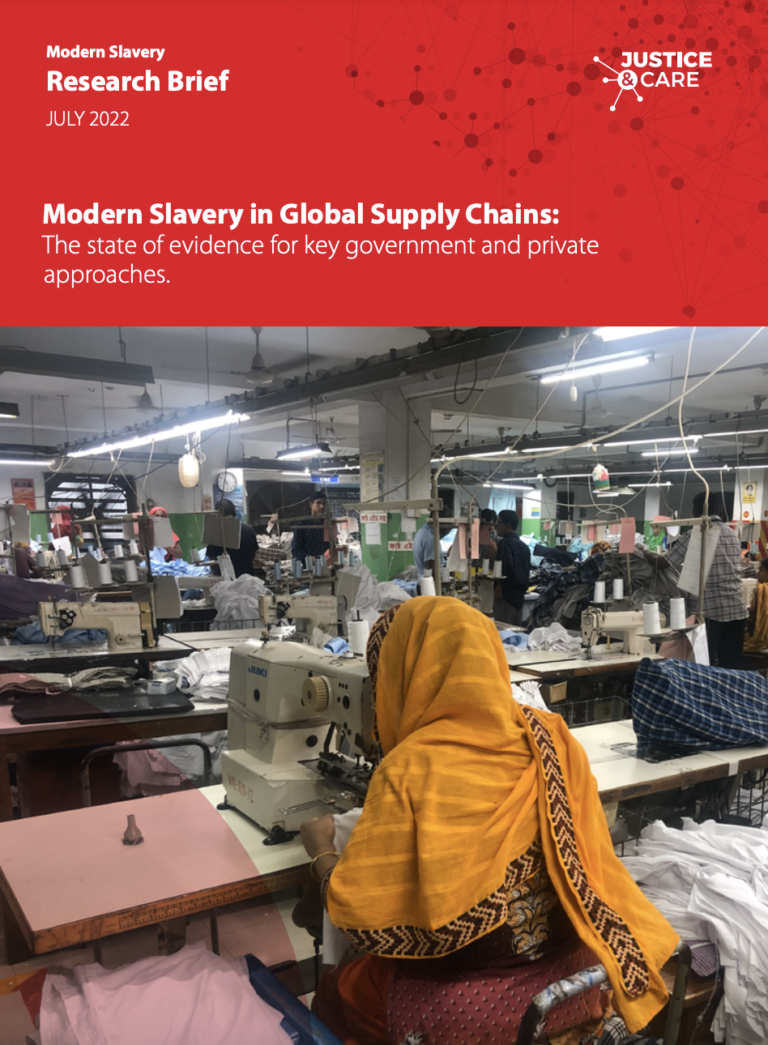The globalisation of supply chains, facilitated by technological
developments and spurred by firm’s attempts to maximise profits
through lower labour costs, shorter lead times and weaker labour
protections in developing countries, has contributed to a deterioration
of labour standards and work practices. The inherent difficulties involved
in monitoring extremely fragmented production processes also render
workers – mostly in and from developing countries – vulnerable to
exploitation. The COVID-19 pandemic has exacerbated concerns for
vulnerable supply chain workers, exposing the enormous risks to human
and labour rights in a highly interconnected global economy.
Governments, firms, civil society organisations, academics, investors,
shareholders, workers and trade unions have become increasingly aware
of the risks of serious human rights abuses occurring within global supply
chains, and have proposed or implemented a wide array of approaches
aimed at tackling this issue.
However, we know relatively little about the effectiveness of these
various “solutions”. Despite a large body of work examining modern
slavery in supply chains, many of the policies and strategies aimed at
fighting modern slavery in supply chains are quite novel and still at a
“developmental stage”. Therefore, the available evidence is scarce and
scattered, with most studies focusing on specific approaches and
providing at best anecdotal evidence on their impact.
This report reviews the breadth of approaches to combatting modern
slavery in supply chains with the goal of understanding their key
characteristics and assumptions, assessing their effectiveness, identifying
the most promising tools and strategies, and discussing further
considerations aimed at enhancing collective efforts to tackle this
phenomenon.

